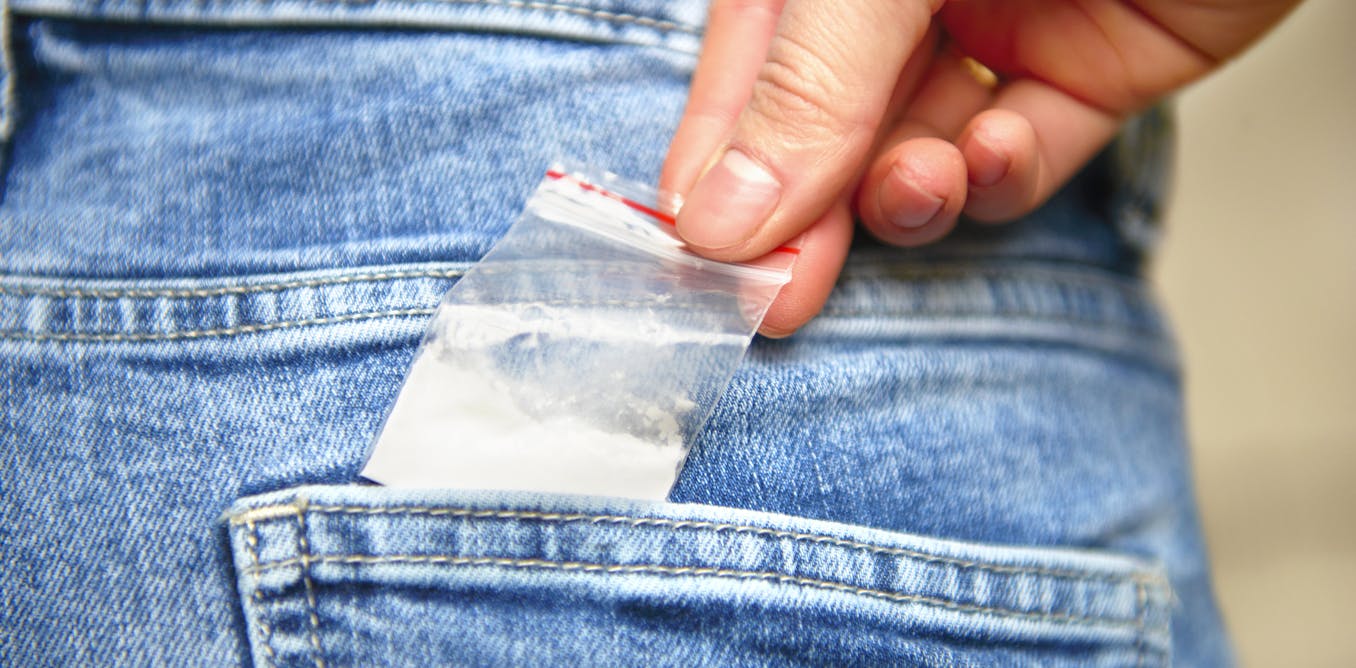'Threatening' faces and beefy bodies do not bias criminal suspect identification, study finds
Research shows that there is no bias toward selecting people with muscular bodies or facial characteristics perceived as threatening when identifying criminal
April 20, 2022 • ~8 min
Criminal justice algorithms: Being race-neutral doesn’t mean race-blind
A cornerstone of the First Step Act, passed with bipartisan support, is the PATTERN risk-assessment tool.
March 31, 2022 • ~10 min
Oregon just decriminalized all drugs – here's why voters passed this groundbreaking reform
Possessing heroin, cocaine, meth and other drugs for personal use is no longer a criminal offense in Oregon. The idea is to get people with problem drug use help, not punishment.
Dec. 10, 2020 • ~10 min
‘I bottle it up’: the emotions of solitary confinement
New research will set out to examine the emotional world of solitary confinement. Dr Ben Laws from the Institute of Criminology discusses his project, and how the experience of ‘deep confinement’ might shape the lives of prisoners.
April 1, 2019 • ~4 min
Carrying Tasers increases police use of force, study finds
Cambridge experiment with City of London police found that, while rarely deployed, just the presence of electroshock devices led to greater overall hostility in police-public interactions – an example of what researchers call the ‘weapons effect’.
Dec. 20, 2018 • ~7 min
History shows abuse of children in custody will remain an ‘inherent risk’ – report
New research conducted for the current independent inquiry suggests that – despite recent policy improvements – cultures of child abuse are liable to emerge while youth custody exists, and keeping children in secure institutions should be limited as far as possible.
Oct. 18, 2018 • ~7 min
/
1







